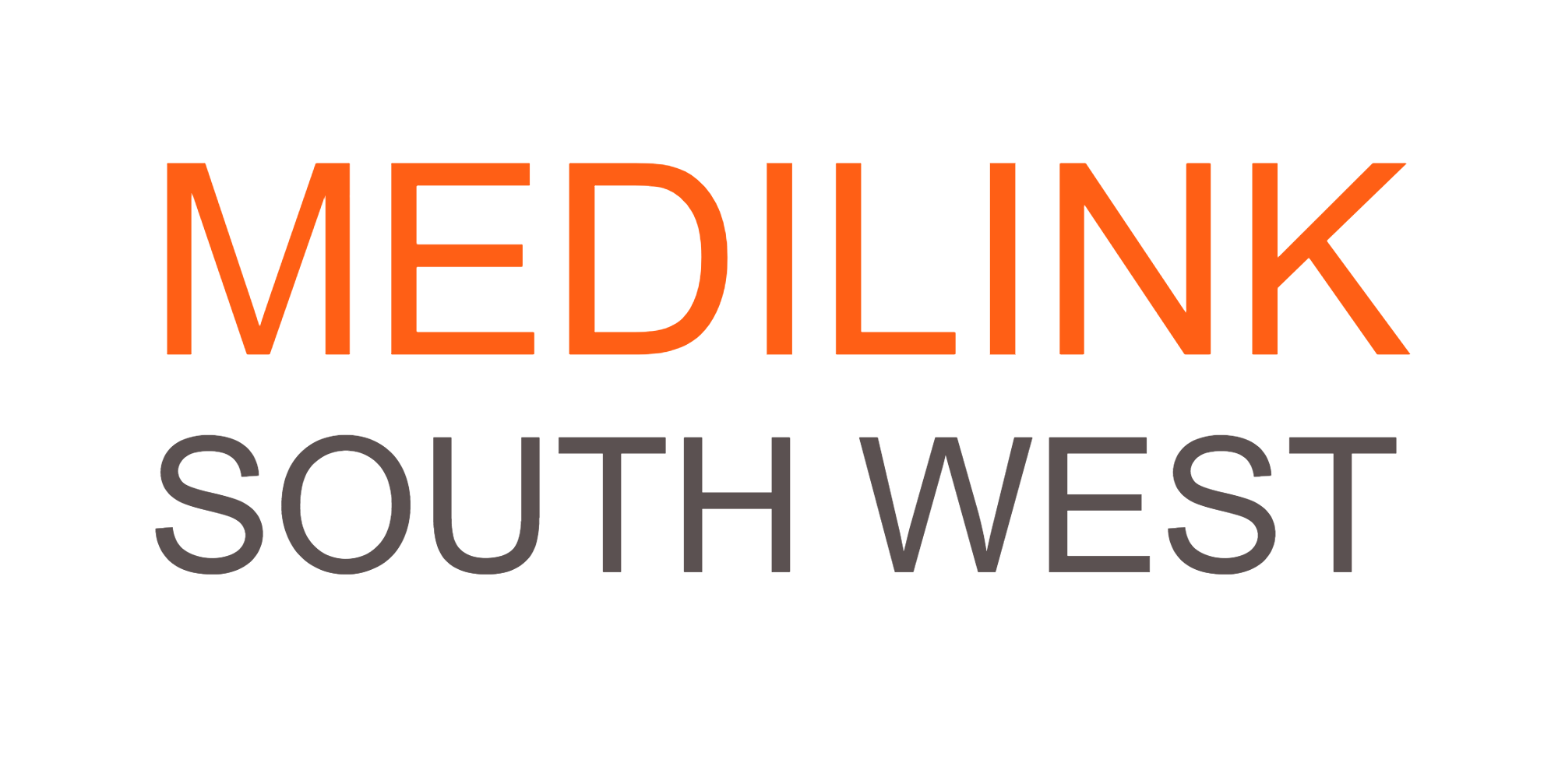EVENT BRIEF
Attend this Seminar held by Assisted Living Action Network (ALAN), West of England AHSN and Medilink South West
When, where and how do I join?
Location: This Webinar will be held via Zoom. Joining Instructions will be sent upon registration.
Date: Wednesday 25 November 2020
Time: 17:00 - 18:30
Cost: Free
Programme:
17:00 Introduction (Prof Nigel Harris, ALAN & WEAHSN)
17:05 Update on The Bristol Centre for Enablement
17:35 Using computer animation technology to support the rehabilitation of people with lower limb amputation and spinal cord injuries
18:05 DataGait: Using the sensors in a mobile phone to measure gait to monitor recovery from Covid-19
18:30 Close
Speakers:
The Bristol Centre for Enablement: Update
David Rowlands, BCE Director
The Bristol Centre for Enablement (BCE) provides a sub-regional specialist rehabilitation service for the area, delivering: Wheelchairs and special seating, Environmental control services, Outpatient prosthetics and Orthotics. The Wheelchair and Special Seating is responsible for around 25,000 wheelchair users throughout the Bristol, Bath and North Somerset areas as well as Gloucestershire. We are issuing around 6,000 items of equipment a year including not only simple wheelchairs but also complex, frequently individually manufactured specialist seating systems, pressure relieving cushions and other accessories.
The Environmental Controls provides equipment to enable severely disabled people to live more independently in their homes. This equipment requires the service user to be able to operate some form of switch from which we can enable them to operate a wide range of electrical appliances and other equipment by remote control. This will normally follow a comprehensive assessment of ability and need.
The Prosthetic Service provides an out-patient rehabilitation service for 1,800 amputees who live in Bristol, Gloucestershire, the Bath and North East Somerset area, West Wiltshire and North Somerset. Each year 150 new amputees are referred to the service for assessment and provision of prostheses. Our Orthotics team provide assessment and provision of a wide range of orthotic equipment through regular out-patient clinics across the West of England.
Centre for the Analysis of Motion, Entertainment Research and Applications (CAMERA): "Using motion capture to support the rehabilitation of people with spinal cord injuries'
Dr Elena Seminati, CAMERA, University of Bath
Elena’s research interests include lower limb amputees, pathological locomotion, sport injury prevention, and motion analysis. Her research approach includes both experimental sessions and musculoskeletal modelling of the human motion, in order to establish risk factors, prevent injuries/illness and improve performance and quality of life of people with disabilities.
In 2014 Elena moved to the University of Bath working with the biomechanics team of the Department for Health. In 2016, Elena joined the CAMERA centre working on a project entitled ‘Mapping Amputees residuum changes’. This research, in collaboration with the Bristol Centre of Enablement, aims to generate an accurate measure of daily and long-term residual limb volume changes in lower limb amputees, providing data, which can immediately be utilised for patients’ rehabilitation and adaptable prosthetic liners design.
This evening Elena will describe what are the main research activities of the CAMERA centre related to the area of rehabilitation, with a focus on the population of the amputees and the people affect by spinal cord injury.
DataGait "Using the sensors in a mobile phone to measure gait to monitor recovery from Covid-19. " DataGait Project
Prof Helen Dawes, Oxford Brookes University + Greg Smart, 500 More
Covid-19 is putting unprecedented pressure on clinical services, including rehabilitation following recovery. Gait is a measure that can be used to assess recovery. There are a number of products that measure gait using external sensors. We can do this, but we can also use the sensors in the phone only. Our system is simple to use, the phone is positioned on the lower back, usually in a simple holder and the patient walks 10 metres. The clinical approach has been developed and validated by Oxford Brooks University over 15 years. 500More have developed the Azure based platform for commercial exploitation. It allows low-cost home-based monitoring, replacing the need for outpatient visits, or multiple home visits. It can be used by private practice physiotherapists or NHS, and in care homes.
